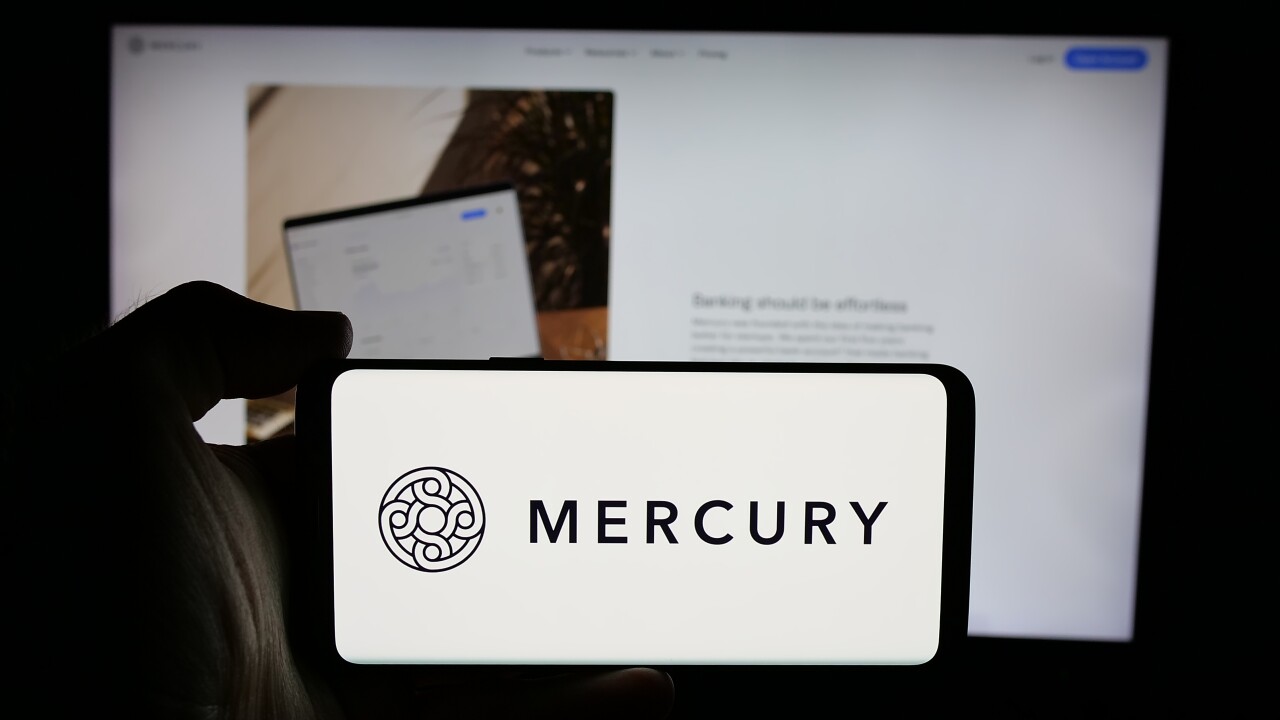Some of the largest companies in the U.S. — including
Among the most recent high-profile employers to ask workers to get off the couch is Snap, which said it expects employees to spend at least 80% of their time in the office starting in February, according to an internal memo obtained by
Back in early 2021, some credit union executives were saying the hybrid workplace model that many companies implemented as the pandemic spread in 2020
Now, opinions are more split. Certain credit unions describe the ability to work from home as an advantage in hiring and retention, but others say nothing can replace face-to-face collaboration.
Among those in the latter camp are First Tech Federal Credit Union's president and chief executive, Greg Mitchell.
He said most employees of the San Jose, California, company, which has $16.4 billion of assets, have been in the office for one, three or five days a week since June. Team members within its branch network have maintained work weeks of five-plus on-site days throughout the pandemic and beyond.

"While we understand that other organizations are pivoting to increased usage of work from home, and/or the adoption of full or partial remote models, we believe that enduring and resilient cultures can only be sustained through direct human connection and collaboration," Mitchell said.
He added that while team members were initially reluctant to leave the comfort and security of their homes, gradual reentry into the workplace and face-to-face interactions served as a boost to their mental health, level of commitment to their team and overall productivity.
Mitchell said the hybrid model provides team members with the ability to stay close to one another and leaders while maintaining improved work-life balance and reducing commute burdens and costs.
"Physically and emotionally connected people will have a better shot at thriving in the new world while employers that continue to drive human contact will create superior levels of durability and resilience," Mitchell said. "Those items will be needed ahead of the next black swan event."
Between 2019 and 2021, the number of people primarily working from home tripled from roughly 9 million people to 27.6 million people, according to 2021 American Community Survey one-year estimates released in September by the U.S. Census Bureau.
And some executives, including Matt Selke, president and CEO of the $93.2 million-asset Pinnacle Credit Union in Atlanta, said allowing employees to remain at home can be a hiring and retention advantage.
Selke said about 50% of Pinnacle's staff is still working at least partially remotely.
"Working remotely is still a competitive advantage, and we hope to roll out a work-from-home option for all employees," he said. "Interactive teller machines are the key for that so that our teller staff can video teller from anywhere. That being said, I think we will see more hybrid or work-from-home options."
Pinnacle
So has dealing with remote employees been a discussion point for the merger partners?
"Yeah, it's a large topic," Selke said. "RVA is 100% no teller line in the branch, so some very progressive ideas are being discussed."
Bruce Kershner, president of Kershner & Co., an executive search firm focused on financial institutions, also said work from home is a "huge" incentive for potential employees. And many financial institutions are still dangling it out there as a hiring and retention tool.
For example, Kershner said he has a $3 billion-asset credit union client in the process of hiring a chief financial officer who will work totally remotely.
"I've had a number of executive searches in the past couple of years, from chief information officers to chief digital officers, to now CFOs that are remote positions," he said. "As banks continue to become more and more technologically advanced, and with less bricks and mortar, everyone will have to adapt."
The largest credit union in the world, the $156.5 billion-asset Navy Federal Credit Union in Vienna, Virginia, employs a hybrid workforce of more than 20,000. Today, a majority of team members visit the headquarters at least four times a month, said Britt Bloch, vice president of talent acquisition strategy and recruiting.
Bloch said that throughout the pandemic, Navy Federal saw how valuable flexibility is to its employees and it encourages them to "'work well from where you are" and to take advantage of "moments that matter" while on campus, whether that be a meeting with key stakeholders or team building opportunities.
"Our team members are enjoying our hybrid work model and appreciate the individual empowerment it provides for scheduled time on campus," Bloch said.
Tim Scholten, founder and president of the credit union and community bank consultancy Visible Progress, said in the Columbus, Ohio, area where he is based, most bank and credit union employees are back in their offices.
"There may be some remote employees part of the time, but the member service side obviously needs to be in the office," he said. "It is much easier to get things done if people are in the office and accessible."






